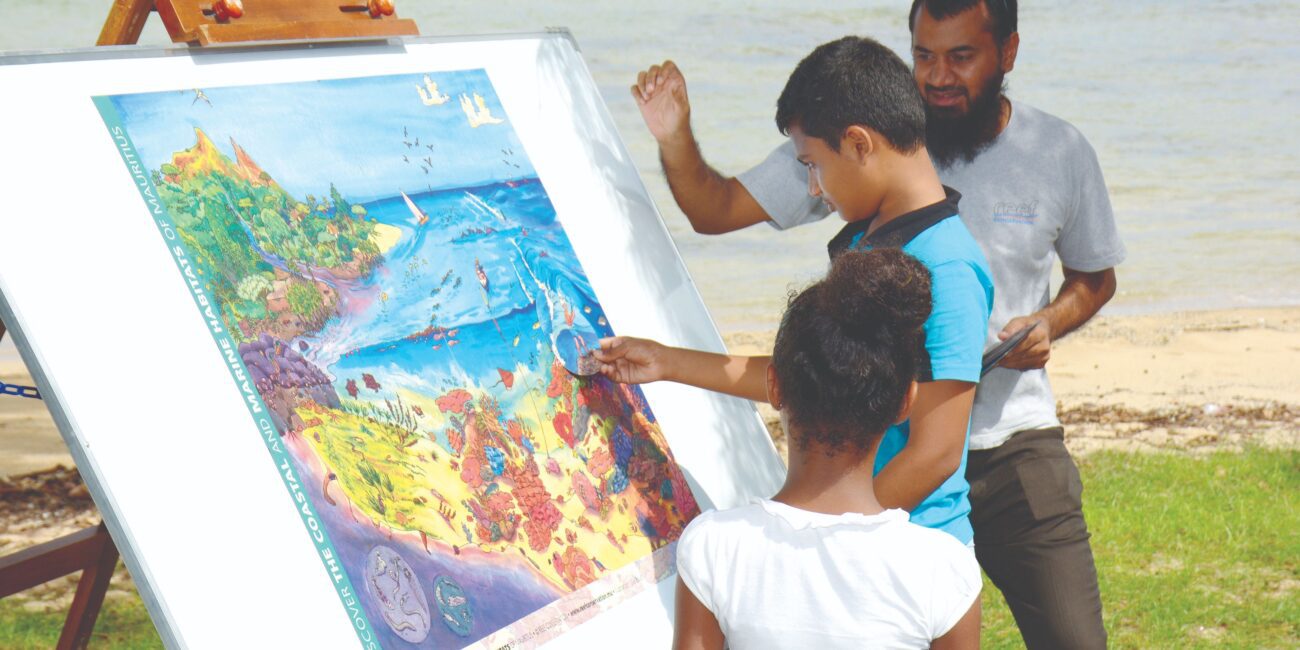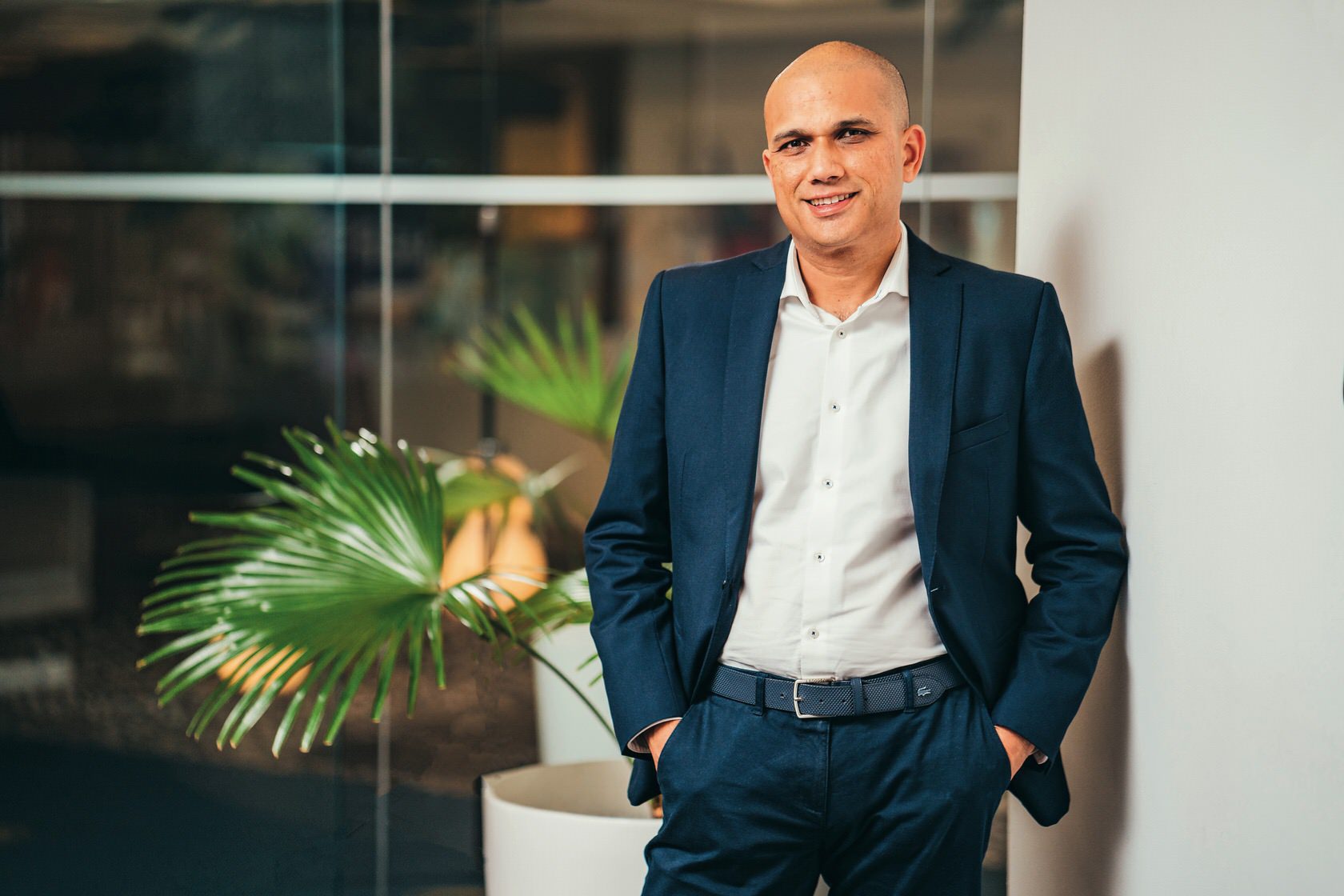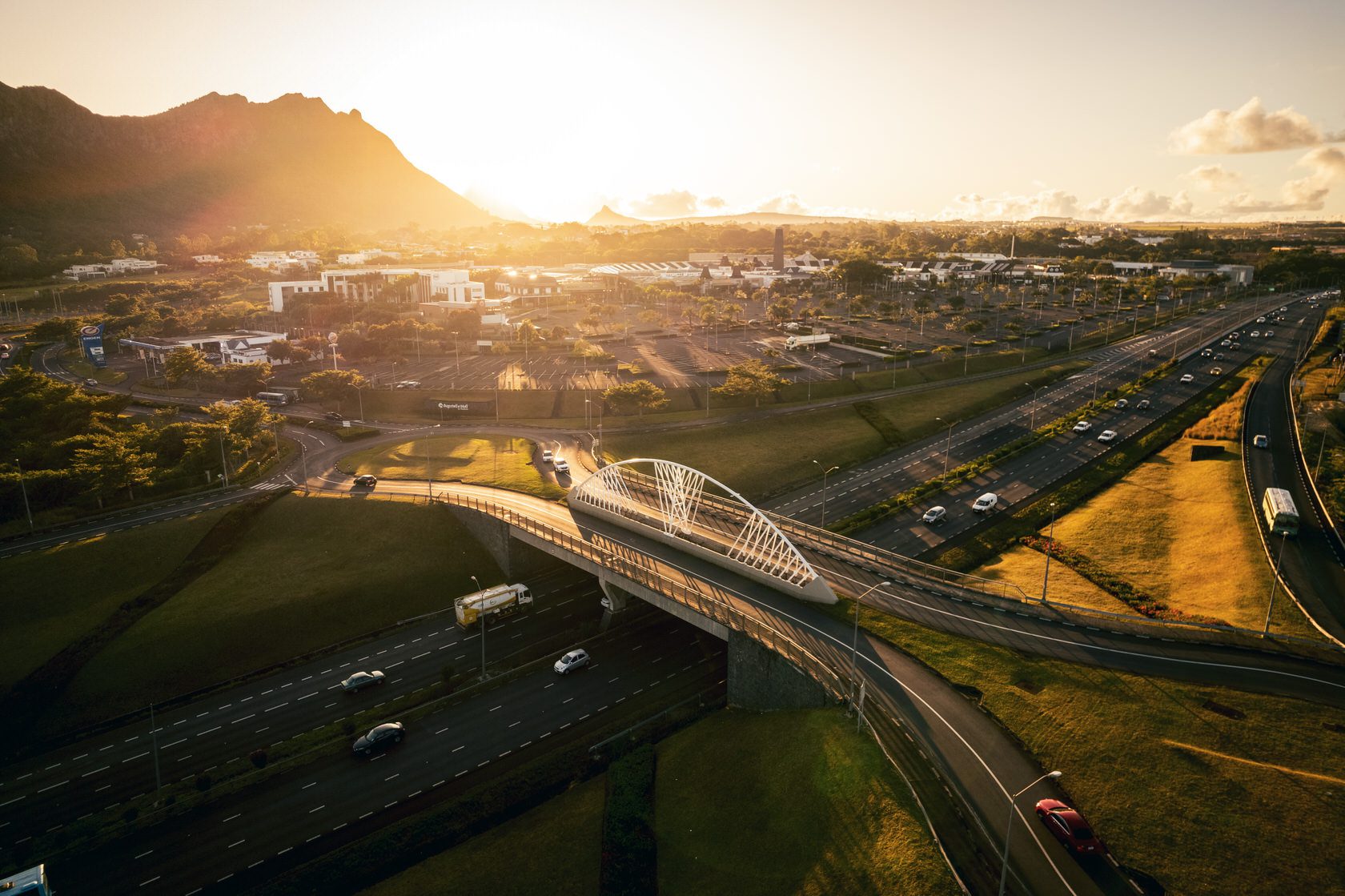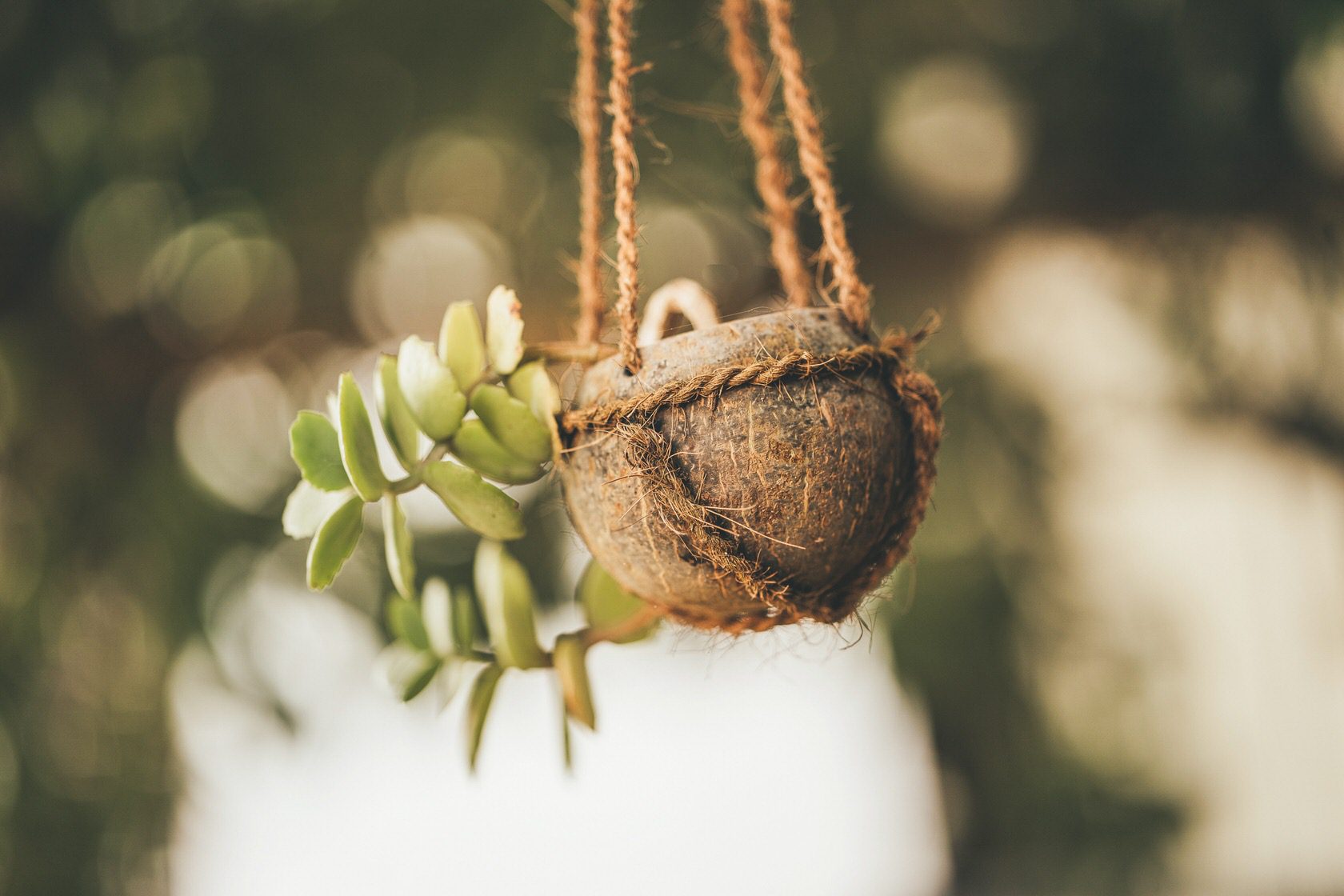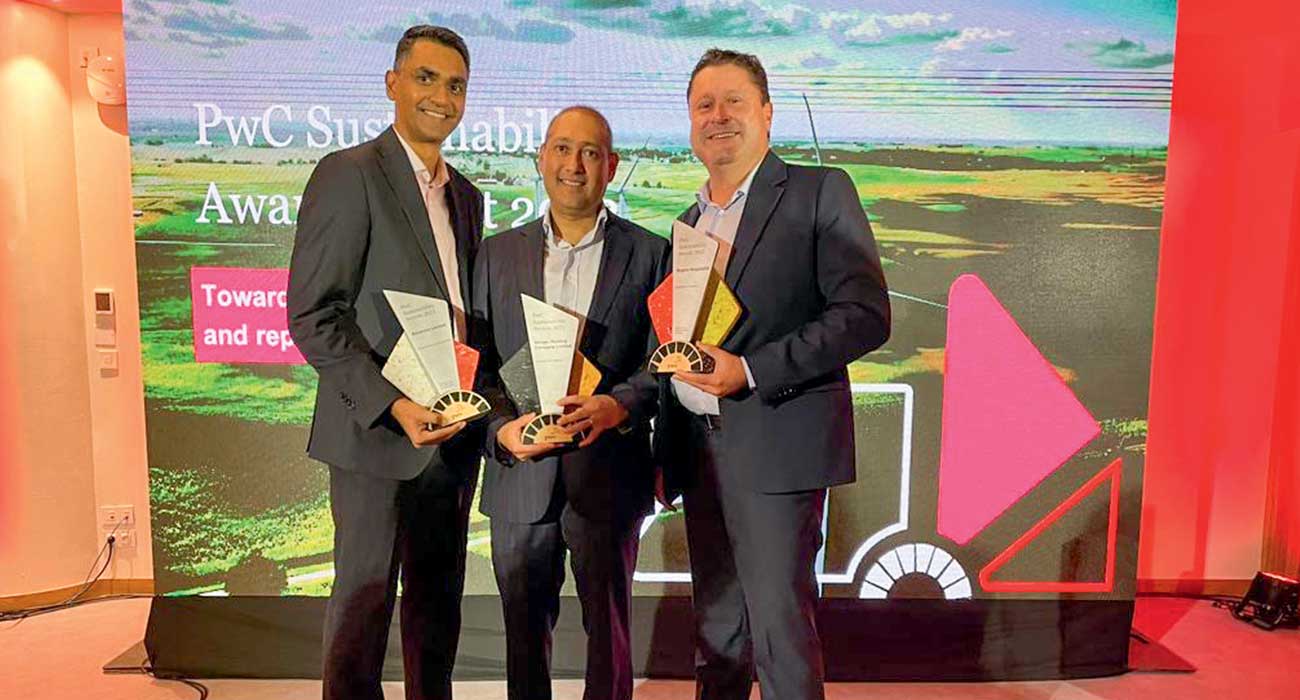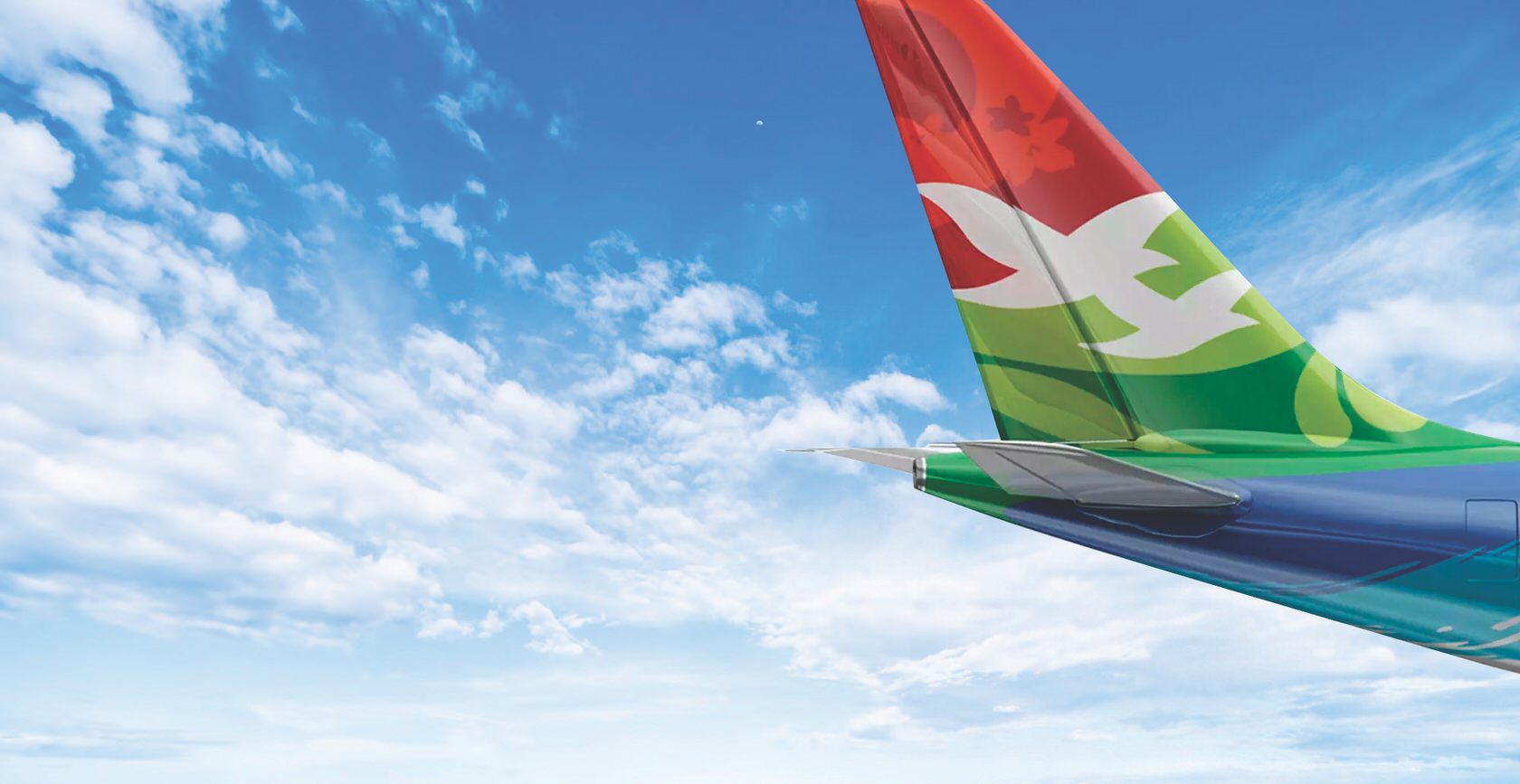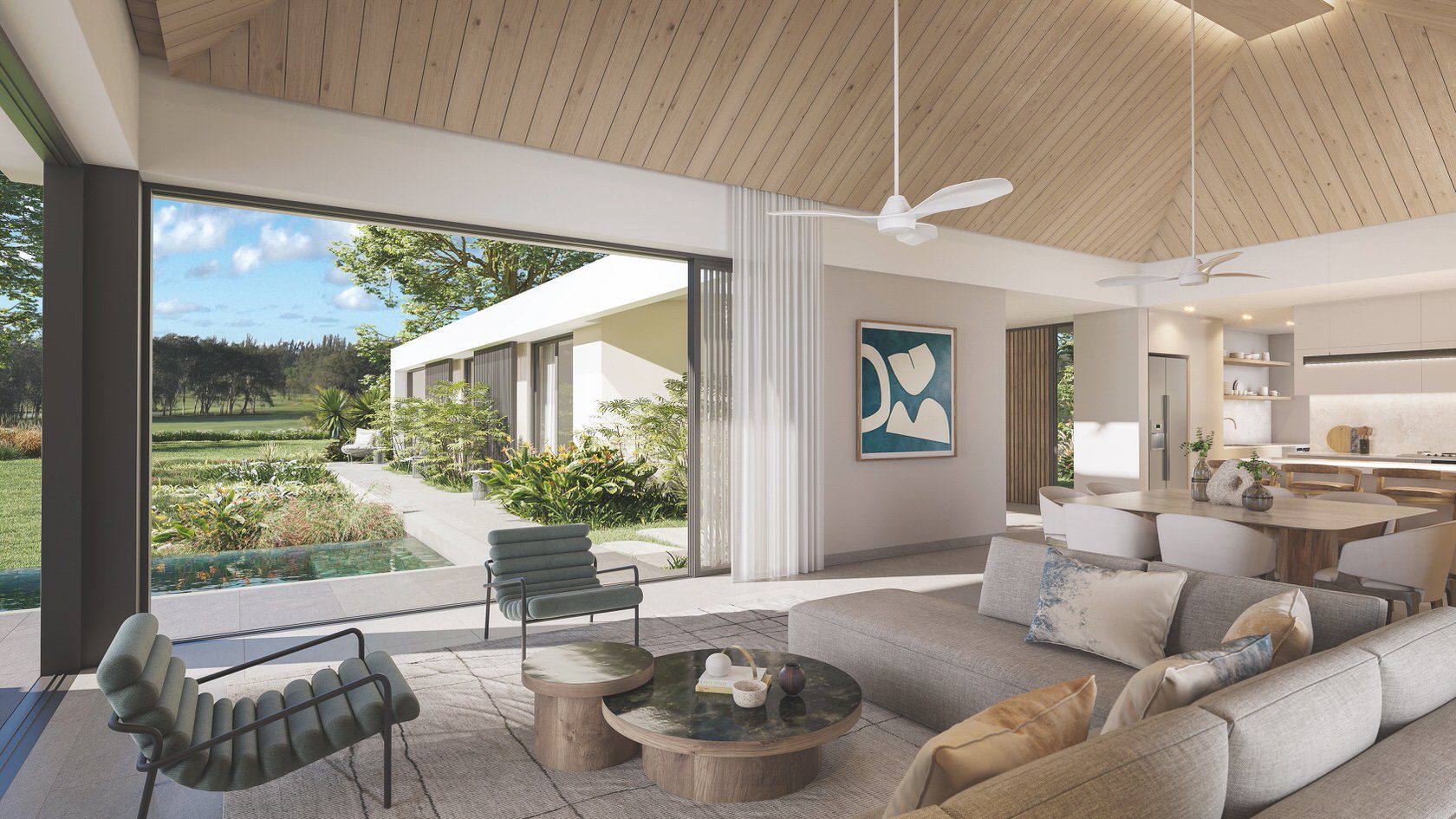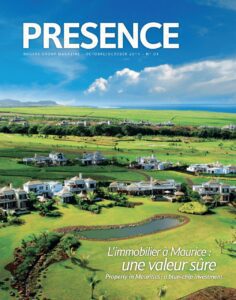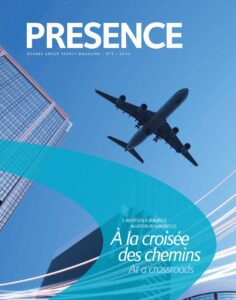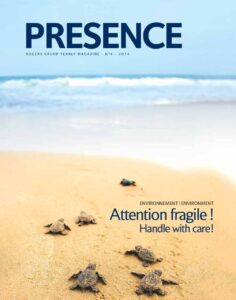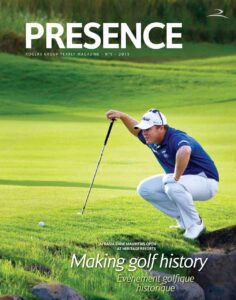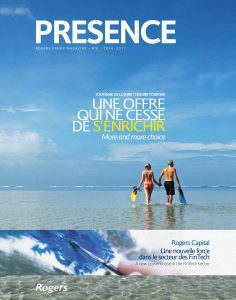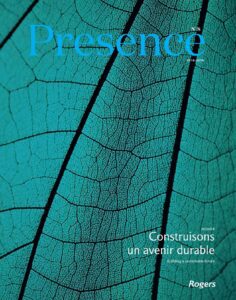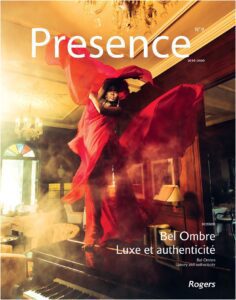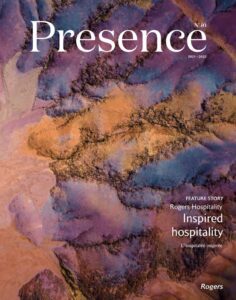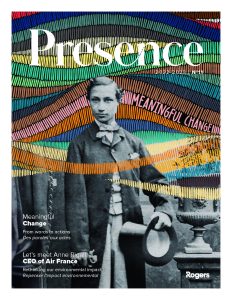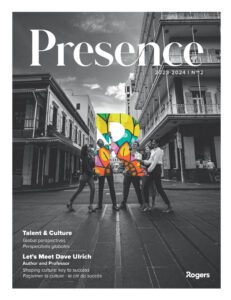Rogers’ companies based in the Bel Ombre region are major economic players in the South of the island. This also gives them social responsibilities and, with the support of the Rogers Foundation, they take a keen interest in supporting communities and the natural environment in their surrounding areas.
photos : rogers image bank | deeneshen sabapathee
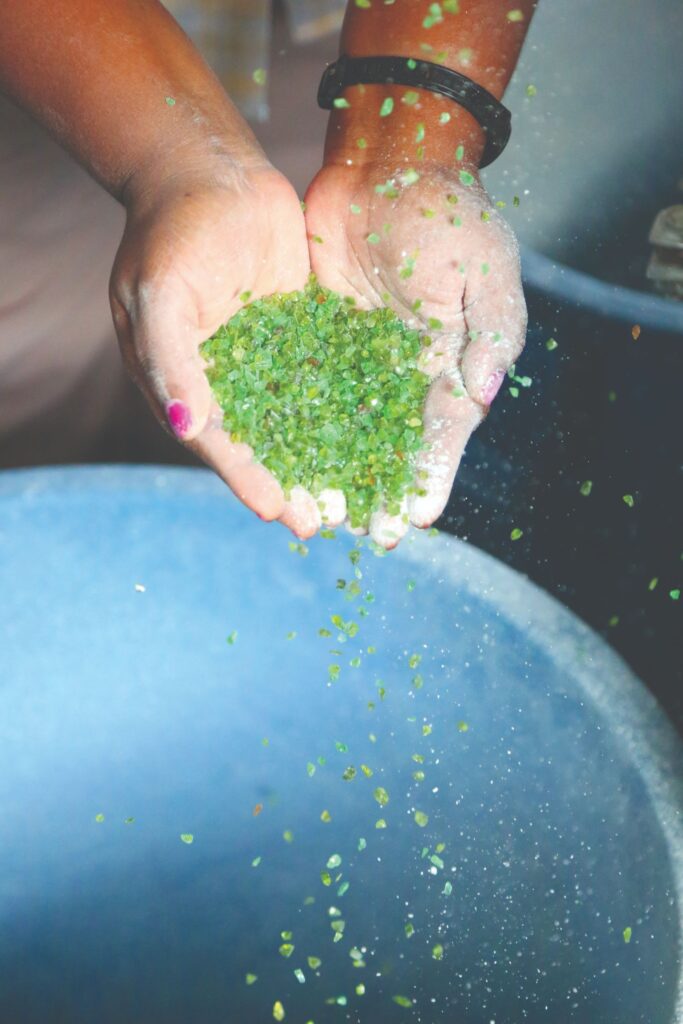
The development of the Domaine de Bel Ombre can only benefit from a parallel development in the lives of local people and in the protection of the local environment. Compagnie Sucrière de Bel Ombre (CSBO) and Heritage Resorts, the Rogers’ companies in the region, have made a long-term commitment in this respect in a variety of ways.
Some fifty youngsters from the region, divided into two distinct groups, were able to enjoy two introductory sessions to golf in December 2014 and in April this year on the Heritage Golf Club course, where the AfrAsia Bank Mauritius Open was held recently. Run in conjunction with the NGO, Caritas, it gave the children the opportunity to discover a sport which might not otherwise be open to them.
Caritas also provided some training in life values. As well as that, a session was also organised to promote awareness of how fragile the coastal environment is and ways of contributing to its conservation, using Bis lamer, a mobile education unit. The bus was conceived by the NGO, Reef Conservation, and the Rogers Foundation has allocated five-year funding to the Bis lamer project. It introduces marine science and environmental issues to the general public and young schoolchildren through fun learning activities. Given the enthusiasm the youngsters showed, the initiative will be repeated at regular intervals during school holidays.
As a one-off project, Heritage Resorts provided food to the Coquille Bonheur nursery after the severe bad weather which struck the region in mid-March. In fact, the hotel has been supporting the crèche since it was first set up. The centre run by three early-learning specialists takes in children aged three and under, and, by way of follow-up, the kids are now provided with a hot meal every Friday.
Heritage Resorts has also given Coquille Bonheur some unused items, still in good condition, from their hotels which the nursery was able to sell in a fund-raising jumble sale.
For its part, Heritage Awali Golf & Spa Resort has stepped in to renovate the building. As well as helping with repainting and improving the sanitary facilities, the hotel has also donated some domestic appliances, books educational games, kitchen utensils and other items.
Meanwhile, a training centre in Chemin Grenier called nJoie de Vivre has also been given some kitchen equipment, replaced during refurbishment works to the bakery at Heritage Awali Golf & Spa Resort. The equipment will be well used in the centre, which takes in youngsters struggling at school. Joie de Vivre is part of the adolescent informal education network, ANFEN.
On the environmental front, the Plankon community unit continues to function well. Funded by Heritage Resorts through the Bel Ombre Foundation for Empowerment, it is now a co-operative owned by its workforce. Plankton recycles glass waste collected from the tourism operations in the region and particularly the Heritage hotels, the Villas Valriche residences, the Heritage Golf Club and the C Beach Club. The glass is sorted by colour, cleaned and crushed before being bagged. It is then partly re-used in swimming pool filtration systems and for hotel décor.
When it comes to water resources, Heritage Resorts’ bottling unit has been designed to produce still and sparkling water. The hotels also avoid using plastic bottles as much as possible, particularly in their bars and restaurants. CSBO also contributes to environmental conservation. In partnership with the Mauritian Wildlife Foundation (MWF), it is engaged in a structured programme to restore areas of endemic forest and, over the last six years, it has managed to clear some 75 acres of land in Bel Ombre, Chamarel and Case Noyale of invasive species.
The MWF has also placed nests where endangered endemic species such as the kestrel, the echo parakeet and the pink pigeon can lay their eggs. The first success story was the birth of a parakeet in 2013. A funding request has also been formulated for a project to release kestrels at Bel Ombre, where there is already habitat suitable for them, with the aim of extending the population.
Started in 2011, conservation work is also being carried out in partnership with the Forestry Service within the framework of a Protected Area Network project (PAN) funded by the United Nations Development Programme (UNDP). A mountain biosphere reserve extending over some 12 acres at Case Noyale, one of the island’s best upland forest areas, is in the process of being restored. Meanwhile, at Chamarel, CSBO is working in creating areas filled with endemic plant species near the Seven Coloured Earth site and the nearby waterfall. All these actions are designed to improve the quality of life of the area’s inhabitants and also the natural environment of the Domaine de Bel Ombre and in surrounding areas.

